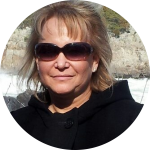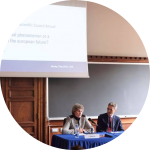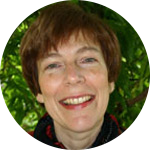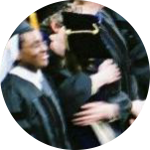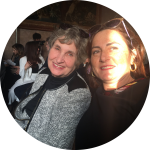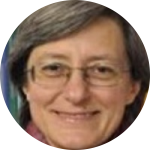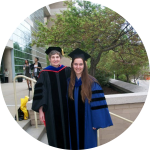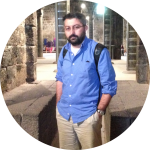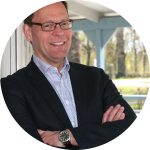How to thank a friend who changed my life? Alberta, you already know, because I have said thank you, but it always bears repeating. For others, I will briefly explain. When I served as dean of GSPIA, I worked closely with Alberta and all of the center directors at UCIS (the University Center for International Studies). But for over 30 years, before becoming dean, I had studied the management of the US Federal government. My plan had always been to step aside after 10 years and to return to teaching and research, but as that time neared, I really didn’t want to spend my time studying the George W. Bush administration. (Who knew that I would look back on that era with nostalgia?) And so I was looking around for a new direction.
The initial spark that steered me towards the EU, and specifically the European Commission, was in 1999, when the Prodi Commission was forced to resign. I invited Alberta to come down and explain informally to the faculty what this meant and why it had happened. And that was the first time I thought seriously about the challenge of managing an organization with staff members who came from 28 countries, with the obvious (and some non-obvious) language and cultural differences. That idea stayed with me, and five years later, in my last year as dean, I started reading about the EU and the Commission in earnest and planning a research project on the impact of enlargement on the Commission.
Alberta was behind me during the whole process. Not only was she personally supportive, but the resources and contacts of what was then called the EU Study Center were a tremendous help, including providing the contact and conduit that allowed me to get funding from the Commission for my research. And of course, because of her, when I introduced myself and said I was from the University of Pittsburgh, doors opened.
Of course, I was completely naïve, and so I thought that, since the largest wave of enlargement took place in May, 2004, I could take my one-year sabbatical in Brussels in 2006-7, conduct my interviews and return to Pittsburgh to write the book. I had no idea of the length and complexity of the recruitment process. So in fact, I arrived just when the first wave of new staff entered, and I was able to follow some people over the next several years and to continue to add new arrivals, including those from the 2007 enlargement. Eventually I did write that book, and I have continued to return to Brussels at least once a year and, although officially retired, or what I describe as “semi-retired, am continuing to do some writing about the EC.
Then there was the time Alberta called me while I was on a Fulbright in Leuven and asked if I could cover for her for a year as center director while she took a well-deserved sabbatical. That didn’t quite work out as planned, as part-way through the year she announced that she was moving on to be vice-provost. Fortunately, the center has remained in good hands (i.e., not mine).
I very much value my friendship with Alberta and her husband, Martin, and look forward to staying in touch as we all move into retirement. It has been an honor and a pleasure to know her.
Warmly,
Carolyn Ban

